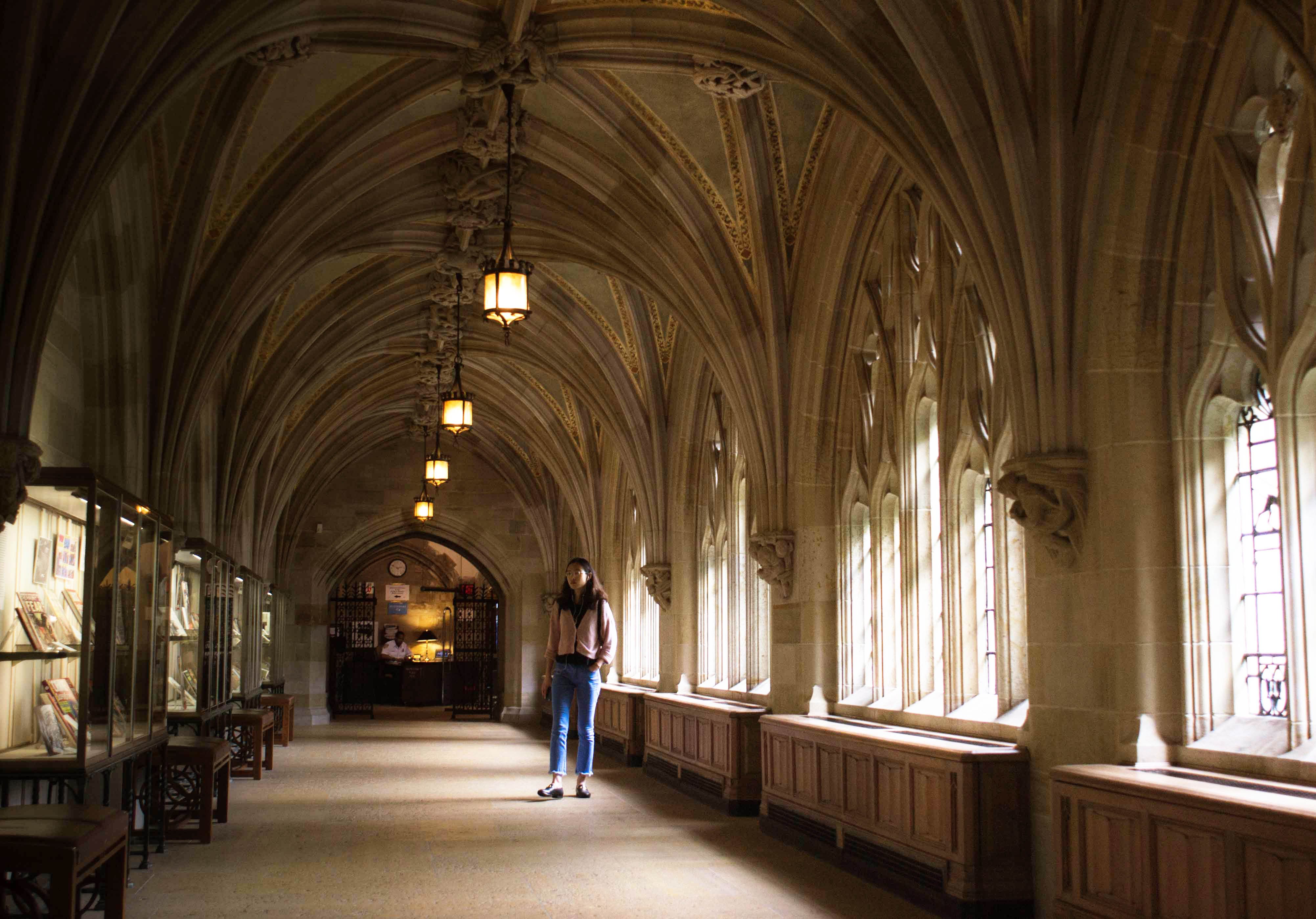
Amid campus demand for more resources to fund new scholarship on underrepresented communities, one such project — which has already been at the University for over a decade — has now received funding for three more years.
The Yale Indian Papers Project, which first came to the University in 2003, is an extensive publishing endeavor to digitize the collection of primary source materials relating to New England’s Native American history. It draws from the archives of numerous institutions, including the Yale University Library, Harvard University Library, The Massachusetts Archives and the National Archives of the United Kingdom. Researchers are currently working to gather information on the people who lived in the Plymouth and Massachusetts Bay colonies. On Aug. 12, the project announced that it had been awarded a grant from the National Endowment for the Humanities, allowing it to expand its work in Massachusetts for three more years.
Tobias Glaza, the project’s assistant executive editor, said the endeavor focuses on unpublished manuscripts which have previously not been accessible to scholars and the Native community. A 40-year plan for the project’s future is already in place.
“We are not necessarily changing our approach because of the events on campus last semester, but this funding serves as a good reminder to Yale that they already have a project that’s recognized by the federal government, Native tribes and other institutions that deal with issues of race, underrepresentation and diversity,” Glaza said. “In some ways, these awards are good for Yale, and they need to be reminded about the good work that they are already doing in these areas.”
Amid increasingly vocal student concerns that not enough University resources have been devoted to fields like ethnicity, race and migration, the Yale Indian Papers Project serves as a reminder of some of the University’s offerings. It addresses questions of power, diversity and underrepresentation within the Native community — many of the same questions students themselves raised last fall, Glaza said. The project regularly brings in student interns not just from Yale, but also schools like Wesleyan and the University of Connecticut. It has also established the Native Internship Program that sponsors Native students.
Both Glaza and executive editor Paul Grant-Costa said the project has helped forge new relationships between Yale and Native communities for the first time in several centuries. Glaza said the project is much broader in scope than other comparable ventures that seek to preserve primary sources.
Recently, the project’s research contributed to a new plaque in Ezra Stiles College honoring former slaves and indentured servants of the college’s namesake, Grant-Costa said. Through the group’s research, he said, Stiles Head of College Stephen Pitti was able to find out about the indenture of a Niantic boy named Aaron Waukeet who served Stiles for roughly a year. The plaque also honors two African-Americans who served Stiles as a slave and indentured servant.
“Yale has this historically important connection with Native communities, not only through missionaries or government officials, but through the school’s faculty as well,” Grant-Costa said. “That connection was lost in the 20th century, and we’re trying to reestablish that connection as we’ve plodded our way through many years at Yale.”
Grant-Costa said the initial idea for the project arose more than two decades ago as a result of the challenges New England’s Native tribes first faced when trying to become recognized by the federal government. In order for these long-marginalized communities to win recognition, they first need access to historical material that has not been easily accessible in the past, he said.
Project advisor Kenneth Minkema, who is also on the faculty of the Yale Divinity School, said one of the challenges of the project involves defining which materials actually qualify as Native American documents. He noted that the majority of sources were created by Europeans writing about or on behalf of Native Americans.
“I sincerely hope that the Indians Papers Project provides an opportunity to study and appreciate diversity, will be a resource that students will use, and that the staff will eventually offer courses arising out of their experience with the documents,” Minkema said.
The Yale Indian Papers Project will become a part of the new Center for the Study of Race, Indigeneity and Transnational Migration.







